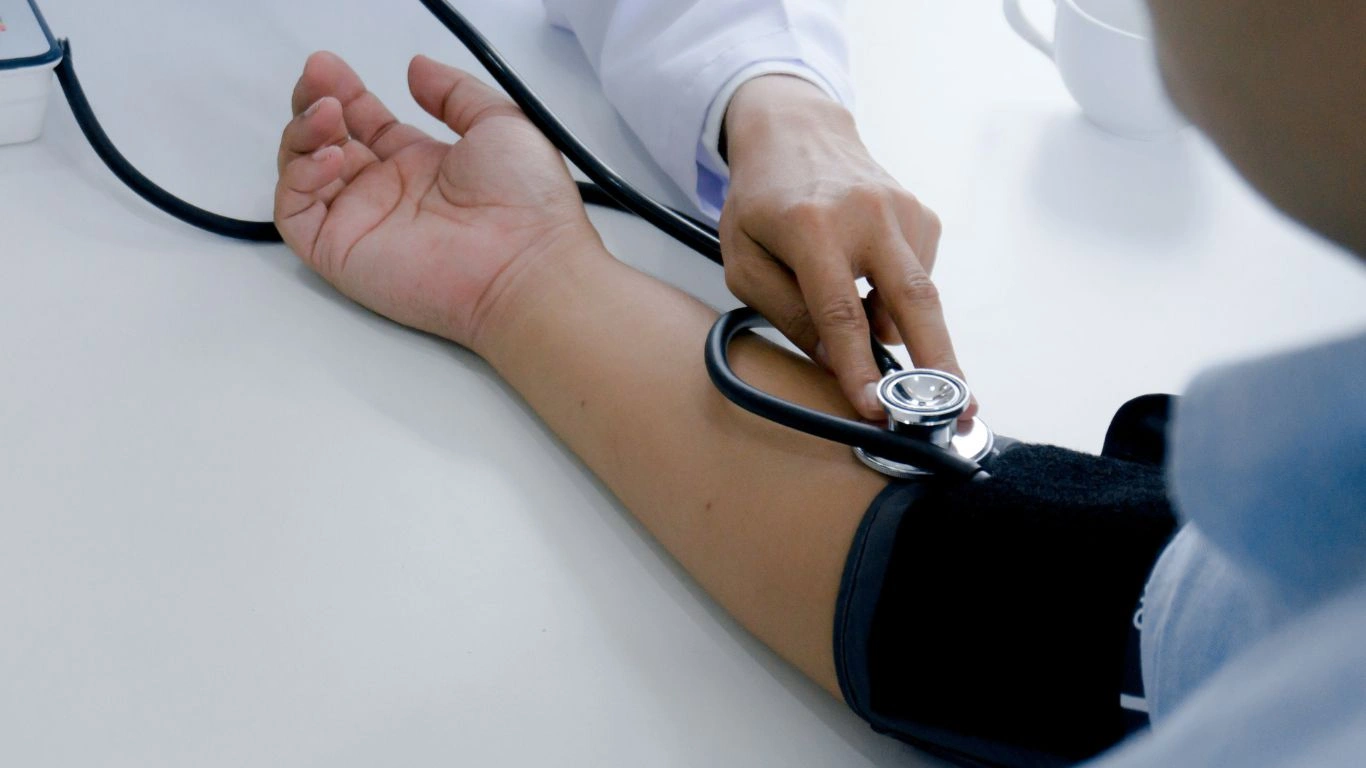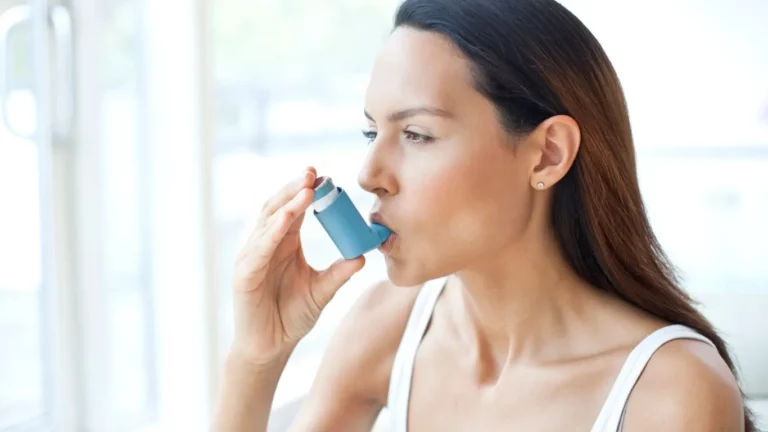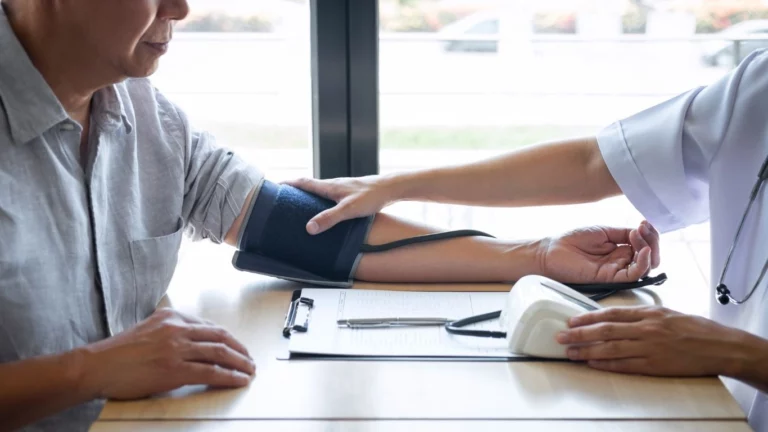High Blood Pressure Prevention for Seniors – A Comprehensive Guide
Managing and preventing high blood pressure is essential for seniors to maintain a healthy lifestyle. In this guide, we’ll explore practical tips and habits that can help prevent hypertension in seniors and keep your heart in great shape.
As we get older, managing our health becomes even more important. High blood pressure, or hypertension, is a common concern for seniors. It can silently cause damage to your body and increase the risk of heart disease, stroke, and kidney problems. But the good news is, there are steps you can take to help prevent high blood pressure from becoming a serious issue. Let’s dive into some practical advice and tips to keep your blood pressure in check as you age.

What Is High Blood Pressure and Why Should Seniors Care?
High blood pressure is when the force of blood against the walls of your arteries is consistently too high. Over time, this can lead to serious health problems like heart disease, stroke, and kidney damage. For seniors, the risks associated with hypertension can be even more concerning due to the natural aging of the cardiovascular system.
As we age, our arteries can become stiffer, which can lead to increased blood pressure. However, hypertension is often preventable, or at least manageable, with lifestyle changes and early intervention.

Effective Ways to Prevent High Blood Pressure in Seniors
The key to preventing high blood pressure lies in making small, sustainable lifestyle changes. Here are a few practical strategies that can help you maintain healthy blood pressure levels:
1. Maintain a Healthy Diet
A balanced, heart-healthy diet is one of the best ways to prevent high blood pressure. Focus on:
- Fruits and Vegetables: Rich in vitamins, minerals, and fiber, these foods help regulate blood pressure. Aim for a variety of colors on your plate for maximum benefits.
- Whole Grains: Foods like whole wheat bread, brown rice, and oats are great sources of fiber that help control blood sugar and pressure.
- Low-fat Dairy: Opt for low-fat or fat-free dairy products to reduce your intake of saturated fats, which can contribute to high blood pressure.
- Lean Protein: Foods like chicken, fish, and plant-based proteins (tofu, beans) can support heart health without adding unhealthy fats.
Additionally, the DASH diet (Dietary Approaches to Stop Hypertension) is specifically designed to lower high blood pressure through a balanced intake of nutrients.
2. Limit Sodium Intake
Salt is one of the biggest contributors to high blood pressure. For seniors, it’s especially important to limit sodium intake. The American Heart Association recommends no more than 1,500 mg of sodium per day for most adults over 50. To reduce sodium:
- Choose fresh foods over processed or canned options, which often contain added salt.
- Read food labels to check sodium content and aim for lower-sodium alternatives.
- Use herbs and spices to flavor food instead of salt.
3. Stay Active with Regular Exercise
Physical activity is a powerful tool in the prevention of high blood pressure. Exercise strengthens the heart, making it more efficient at pumping blood. Aim for at least 150 minutes of moderate aerobic activity, such as walking, swimming, or cycling, each week.
Even simple activities like gardening, walking the dog, or doing light household chores can make a difference. Just make sure to talk to your doctor before starting a new exercise program, especially if you have existing health conditions.
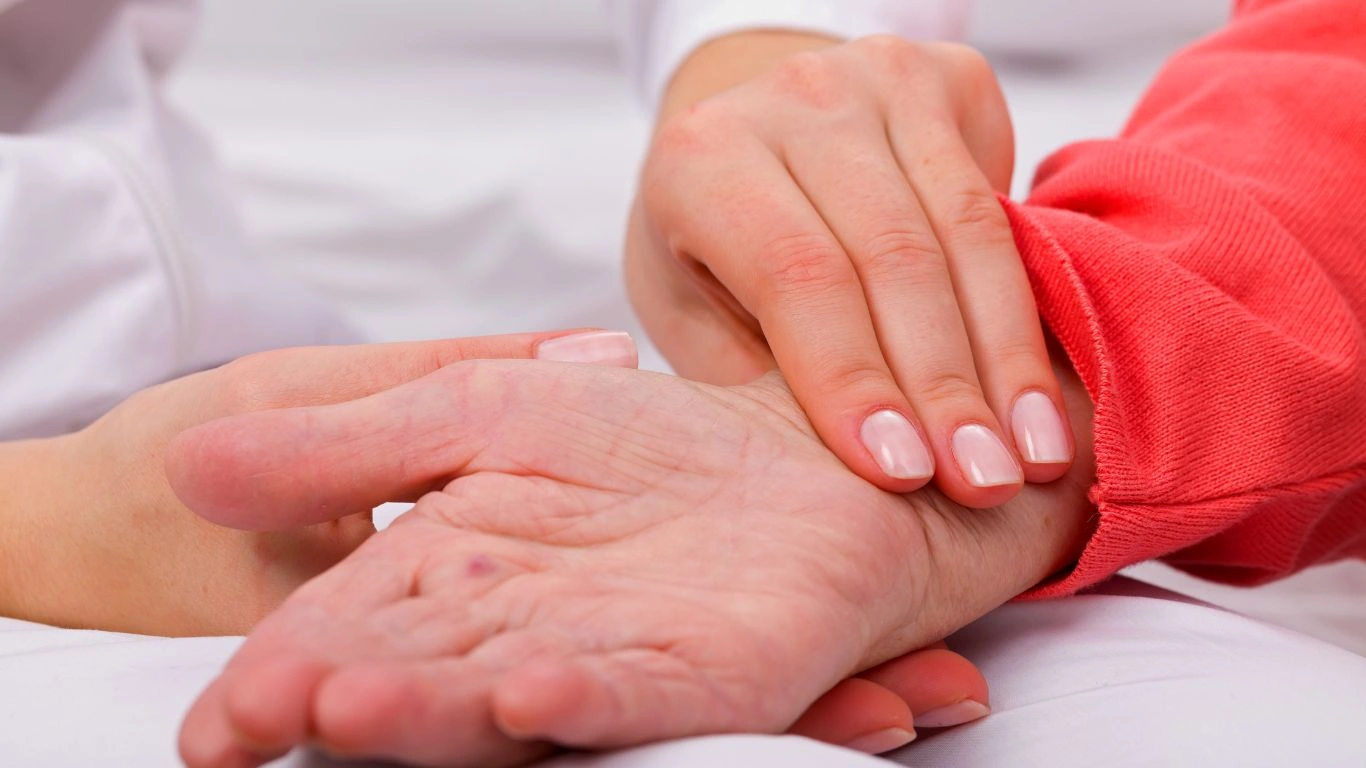
4. Maintain a Healthy Weight
Being overweight or obese can increase your risk of developing high blood pressure. Losing even a small amount of weight (5-10% of your body weight) can significantly reduce your blood pressure.
Combining a healthy diet with regular exercise is the most effective way to maintain a healthy weight. If you need support, consider working with a nutritionist or trainer who can help you create a personalized plan.
5. Manage Stress Effectively
Chronic stress can lead to high blood pressure, so it’s important to find ways to relax and de-stress. Consider activities such as:
- Meditation or Deep Breathing: These practices can help calm your mind and lower stress levels.
- Yoga or Tai Chi: These gentle exercises focus on stretching and relaxation, which are great for managing stress and maintaining flexibility.
- Hobbies and Socializing: Engaging in activities you enjoy and spending time with friends or family can help reduce feelings of stress.
6. Limit Alcohol and Caffeine Consumption
Excessive alcohol and caffeine intake can raise blood pressure, so it’s important to drink in moderation. For alcohol, the recommendation is no more than one drink per day for women and two drinks per day for men. For caffeine, try to limit coffee or other caffeinated beverages to just a few servings per day.
7. Regular Health Check-ups
Routine check-ups with your healthcare provider are essential for catching any early signs of high blood pressure. Seniors should monitor their blood pressure regularly, either at home with a blood pressure cuff or during visits to the doctor. If you do develop high blood pressure, early detection allows for more effective treatment.
Supplements and Medications for Blood Pressure Management
While lifestyle changes are the first line of defense against high blood pressure, some seniors may also benefit from medications or supplements. Your doctor may prescribe medications like ACE inhibitors, diuretics, or beta-blockers to help manage your blood pressure.
In addition, certain supplements, like omega-3 fatty acids, potassium, and magnesium, may support healthy blood pressure levels. However, always consult with your healthcare provider before starting any new supplement regimen.
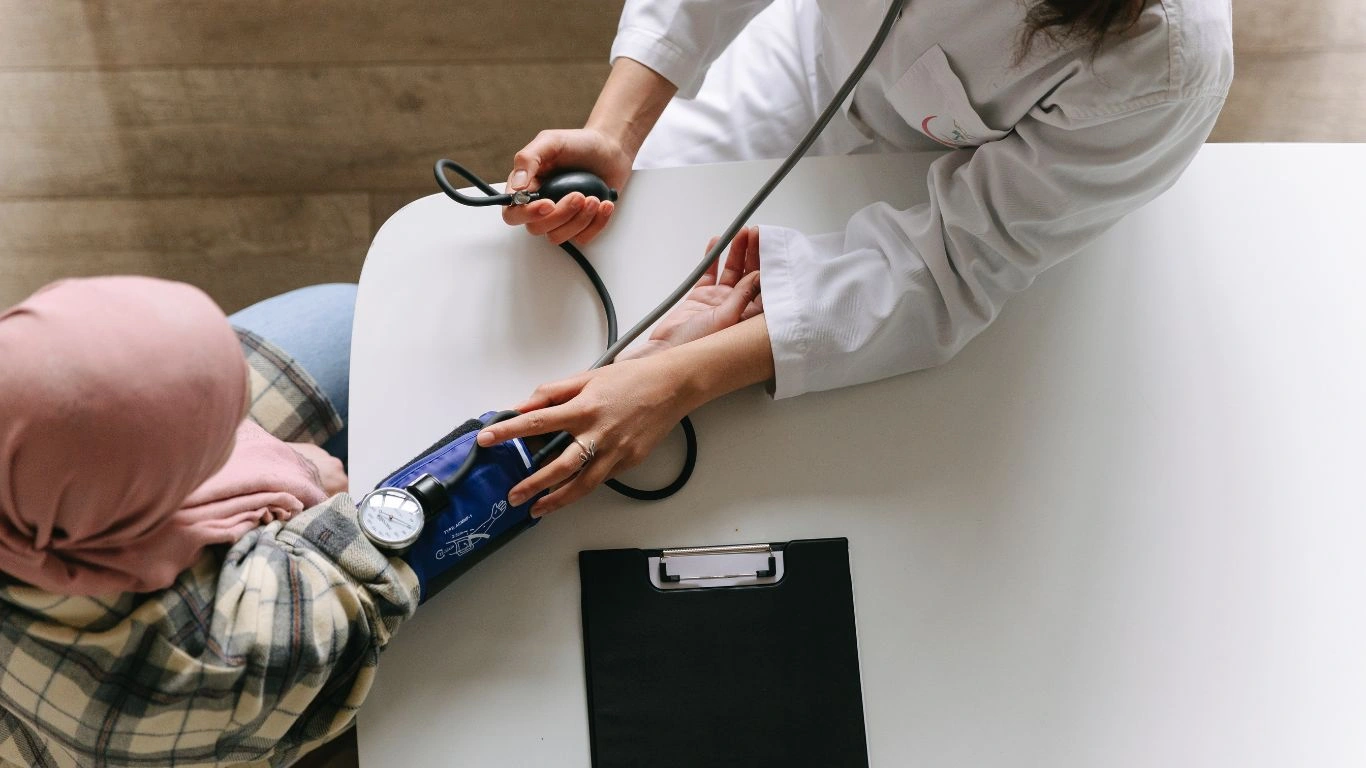
Conclusion
Preventing high blood pressure in seniors is definitely possible with the right lifestyle choices. Eating a balanced diet, staying active, managing stress, and avoiding excess salt and alcohol can go a long way in keeping your blood pressure healthy. Plus, regular check-ups with your doctor ensure that any potential issues are caught early.
By making these changes, seniors can maintain heart health, stay active, and live life to the fullest, all while keeping blood pressure in check.
Appendices
FAQs
- What is considered high blood pressure for seniors? High blood pressure is usually defined as readings higher than 140/90 mmHg. However, it’s important to talk to your doctor to understand your personal target range.
- How can I naturally lower my blood pressure? A combination of eating a healthy diet, exercising regularly, reducing sodium intake, managing stress, and maintaining a healthy weight can naturally lower blood pressure.
- Can medications help prevent high blood pressure? Yes, in some cases, doctors may prescribe medications to prevent or control high blood pressure, but lifestyle changes are just as important in managing it.
- Is it safe to exercise with high blood pressure? In most cases, regular exercise is safe and beneficial for people with high blood pressure. However, always check with your doctor before starting an exercise program.
- How often should seniors have their blood pressure checked? Seniors should have their blood pressure checked at least once a year, but more often if they have a history of high blood pressure or other heart conditions.
References
- American Heart Association. (2023). “How to Prevent High Blood Pressure.” Link
- National Institutes of Health. (2022). “Managing Hypertension in Seniors.” Link
- Mayo Clinic. (2024). “Blood Pressure: What You Should Know.” Link
Disclaimer
The information provided in this article is for educational purposes only and does not substitute for professional medical advice. Always consult with your healthcare provider regarding any medical conditions, including high blood pressure. Individual needs may vary, and professional guidance is crucial for personalized care.

Dr. Gwenna Aazee is a board-certified Internal Medicine Physician with a special focus on hypertension management, chronic disease prevention, and patient education. With years of experience in both clinical practice and medical writing, she’s passionate about turning evidence-based medicine into accessible, actionable advice. Through her work at Healthusias.com, Dr. Aazee empowers readers to take charge of their health with confidence and clarity. Off the clock, she enjoys deep dives into nutrition research, long walks with her rescue pup, and simplifying medical jargon one article at a time.

